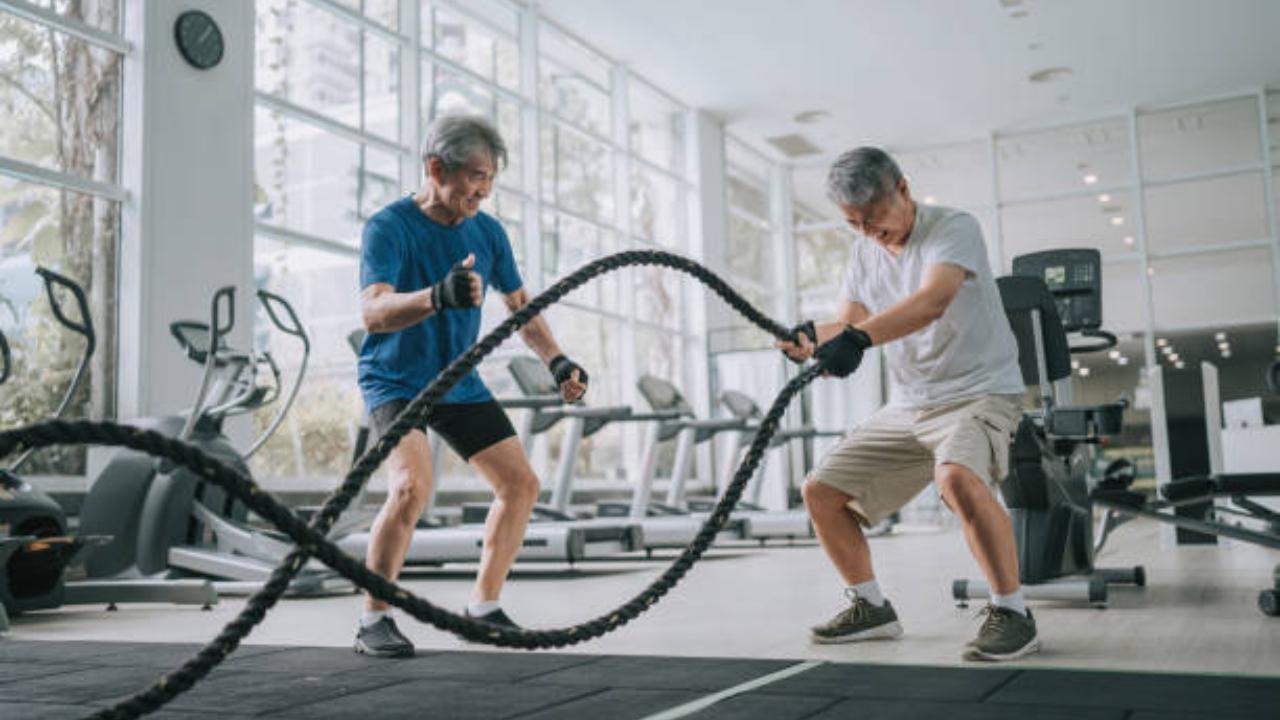High-Intensity Interval Training (HIIT) like cycling, push-ups, burpees, squats, and lunges may not just delay cognitive decline in the elderly but also boost brain function

Image for representational purposes only (Photo Courtesy: iStock)
High-Intensity Interval Training (HIIT) like cycling, push-ups, burpees, squats, and lunges may not just delay cognitive decline in the elderly but also boost brain function that can last for years, according to a study on Wednesday.
ADVERTISEMENT
The study by the University of Queensland in Australia found that six months of high-intensity interval training can boost important brain functions such as hippocampal-based learning and memory in older adults for up to five years.
In the study, 151 participants aged 65-85 with no cognitive deficits were randomly assigned to one of three exercise interventions (low (LIT) - - predominantly motor function, balance, and stretching; medium (MIT) -- brisk walking on a treadmill; and HIIT -- four cycles running on a treadmill at near maximum exertion.
Each participant attended 72 supervised exercise sessions for six months.
The results, published in Aging and Disease, showed that only the HIIT exercise led to cognitive improvement retained for up to 5 years.
High-resolution MRI scans showed that only the HIIT exercise group had structural and connectivity changes in the hippocampus -- the area responsible for learning and memory.
Researcher Dr. Daniel Blackmore, from the varsity’s Queensland Brain Institute, said they also displayed “blood biomarkers that changed in correlation to improvements in cognition.”
With 1 in 3 people aged 85 years likely to develop dementia, he noted that the impact of the research was far-reaching.
Even as ageing is one of the biggest risks for dementia, “keeping people cognitively healthier for longer with a simple intervention like exercise, we can potentially save our community from the enormous personal, economic and social costs associated with dementia,” said Professor Perry Bartlett from the varsity.
This story has been sourced from a third party syndicated feed, agencies. Mid-day accepts no responsibility or liability for its dependability, trustworthiness, reliability and data of the text. Mid-day management/mid-day.com reserves the sole right to alter, delete or remove (without notice) the content in its absolute discretion for any reason whatsoever
 Subscribe today by clicking the link and stay updated with the latest news!" Click here!
Subscribe today by clicking the link and stay updated with the latest news!" Click here!







